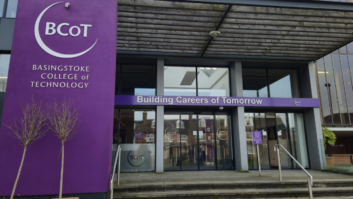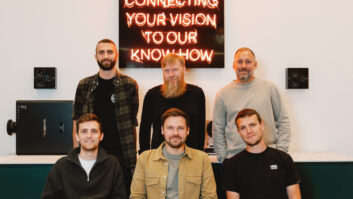
Dan Boddington, systems engineer at Starleaf, suggests that out-of-hours care providers should look to virtual clinics to helping them support their patients
“Out-of-hours care providers should consider alternatives to home visits when it comes to patient care,” he explained, citing the example of Shropshire, where a single GP is covering night-time home visits for 500,000 people, something that is being blamed on lack of cash and a shortage of GPs prepared to carry out unsocial hours.
“Conducting virtual consultations enables medical staff to seamlessly conduct a consultation without the need for patients to actually be in the presence of the doctor. In Shropshire one mother of a sick child was offered a consultation involving an 80-mile round-trip from her home. Instead, out-of-hours care providers should be offering patients the option of a virtual consultation with their local GP, delivered through a secure, easy to use video conferencing system, video calling and instant messaging, rather than an appointment many miles away with a distant specialist. Then, if further medical attention is required, patients can seek assistance from the on-call out-of-hours care provider.
Providing patient-centred video healthcare to communities offers enormous scope when it comes to eliminating unnecessary repeat consultations, difficulties in on-site attendance, delays in diagnosis and prescription orders, Boddington believes. “Empowering GPs to work with agility and focus – through immediate, on demand video consultations to patients either from home or another location – may encourage more to offer their services for out-of-hours providers. This can enable healthcare services to focus their already scarce resources on the patients that need them most, offering virtual consultations to those with less urgent care needs and giving a significant amount more time to those with urgent needs. In some cases, this technology would allow GPs to see patients far quicker than the current traditional methods.
“Boosting health service capabilities improves the quality of lives and provides the opportunity to scale services and sustain patient relationships,” he concluded.







